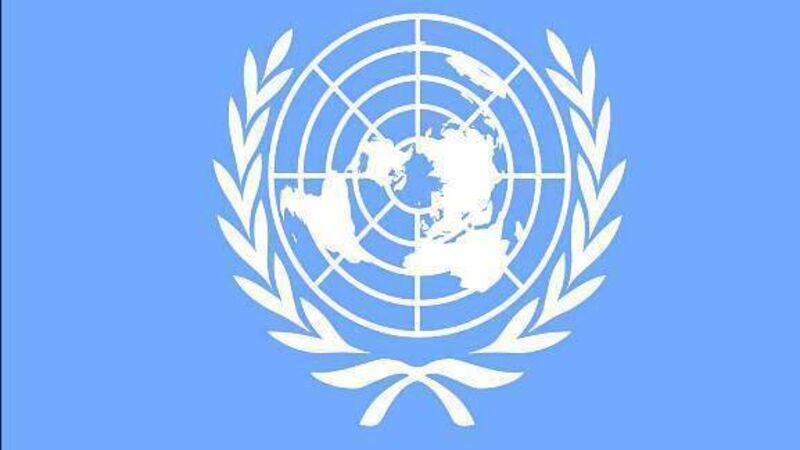Anger over blocked UN arms treaty

Iran, North Korea and Syria have blocked a United Nations treaty that would for the first time regulate the multi-billion international arms trade.
The treaty had required agreement by all 193 UN member states.
Try from €1.50 / week
SUBSCRIBEIran, North Korea and Syria have blocked a United Nations treaty that would for the first time regulate the multi-billion international arms trade.
The treaty had required agreement by all 193 UN member states.
Already a subscriber? Sign in
You have reached your article limit.
Annual €130 €80
Best value
Monthly €12€6 / month
Introductory offers for new customers. Annual billed once for first year. Renews at €130. Monthly initial discount (first 3 months) billed monthly, then €12 a month. Ts&Cs apply.
CONNECT WITH US TODAY
Be the first to know the latest news and updates

Select your favourite newsletters and get the best of Irish Examiner delivered to your inbox
Saturday, February 7, 2026 - 7:00 AM
Saturday, February 7, 2026 - 1:00 PM
Saturday, February 7, 2026 - 12:00 PM
© Examiner Echo Group Limited